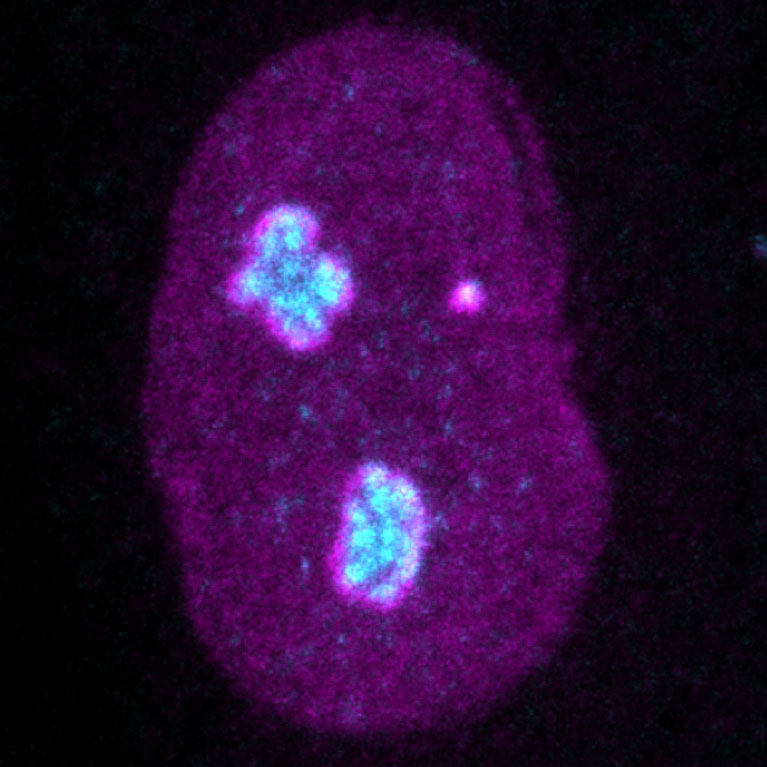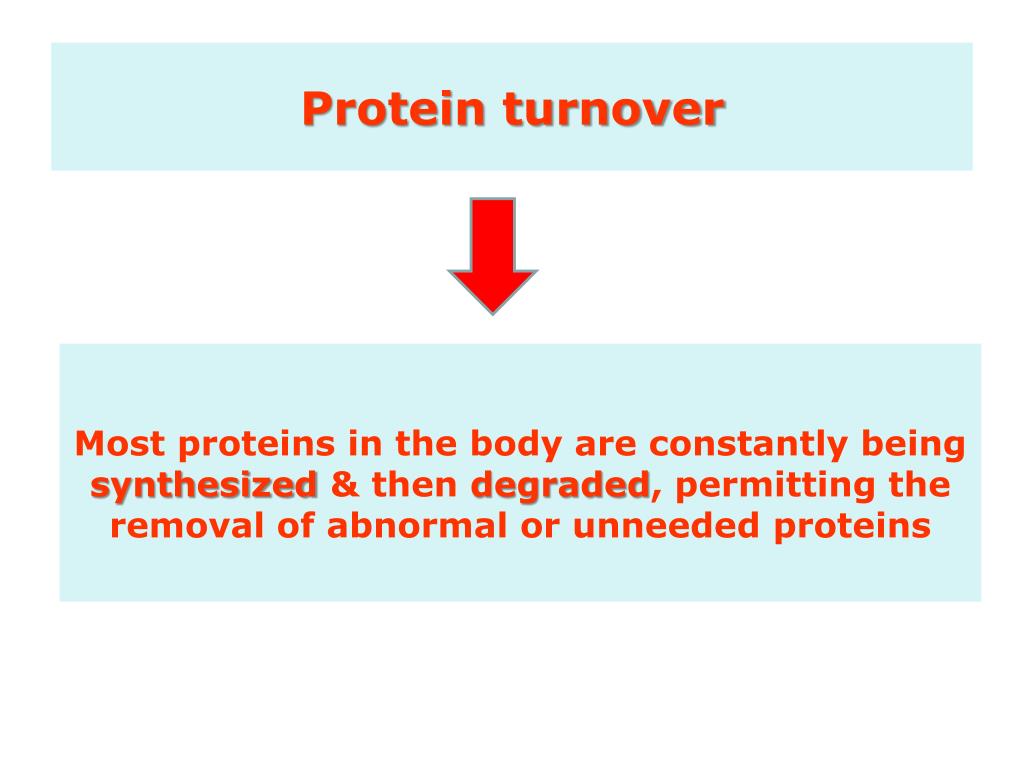
Mitochondrial proteins show opposite trend.Neurodegenerative disease-related proteins among the most persistent.Protein lifetime extended by 20 percent in brains of old mice.Scientists measured the half-life of more than 3,500 proteins in mouse brain.

The findings imply that, with age, changes in protein production, degradation, and aggregation fundamentally alter proteostasis in the aging brain and may be a prelude to neurodegeneration. Overall, turnover of aggregation-prone, heavily glycosylated, highly disordered, or heavy proteins that take a lot of energy to build slowed the most. Conversely, the half-lives of mitochondrial proteins shortened. Notably, lifespans of neurodegenerative disease-related proteins, e.g., APP, SORL1, cathepsin D, grew the most. They found an average increase of 20 percent with age. In the most comprehensive analysis of its kind, researchers led by Anja Schneider of the German Center for Neurodegenerative Diseases, Bonn, and Eugenio Fornasiero of University Medical Center Göttingen, both in Germany, measured the half-lives of more than 3,500 proteins in the mouse brain.

Now, a study published May 20 in Science Advances uncovered widespread evidence of unhinged proteostasis in older brains. Problematic proteins are at the heart of neurodegenerative diseases, suggesting that as the brain ages, protein dynamics go off the rails.


 0 kommentar(er)
0 kommentar(er)
